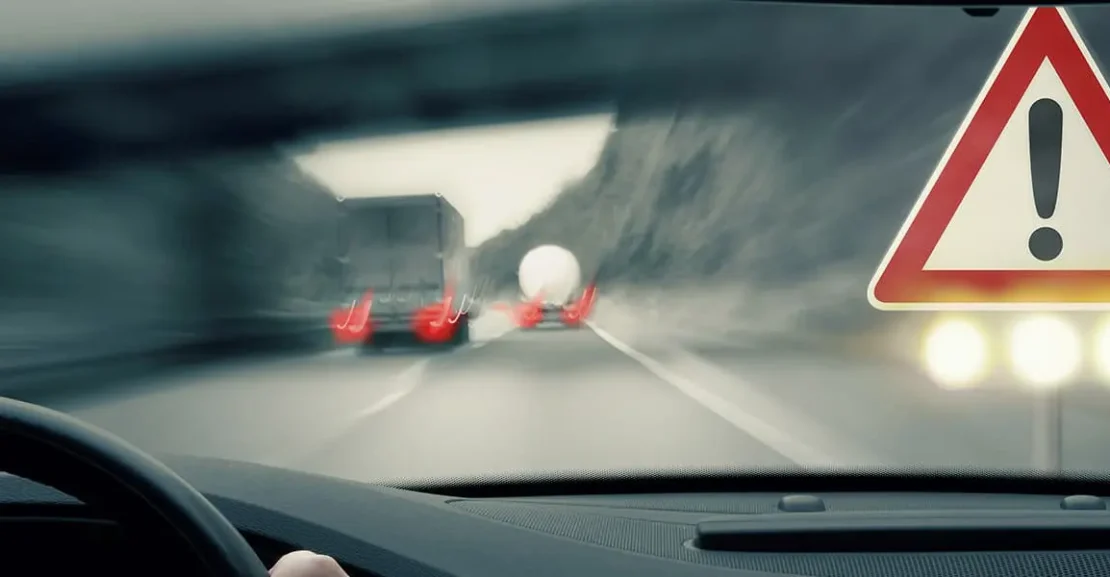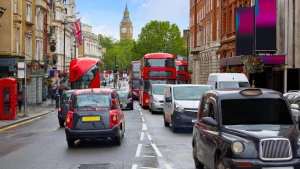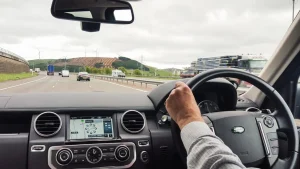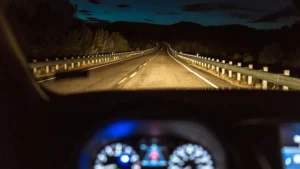What is the driving limit in France? France is one of the most popular countries for road trips in Europe. It is known for its scenic drives, robust infrastructure, and rich cultural landmarks spread across its vast regions. For travelers and residents alike, understanding the local driving limit in France is essential not only for safety but also to avoid costly fines and penalties.
Speed limits in France are regulated, with specific thresholds set according to road types, weather conditions, and driver experience. These limits are enforced rigorously by fixed and mobile speed cameras, and violators can face hefty fines, driving license penalties, or even vehicle impoundment.
Whether you’re renting a car for a holiday or relocating to France, it is crucial to know the current driving rules to navigate the roads legally and responsibly.
What is the Driving Limit in France?
Standard Speed Limits by Road Type
France categorizes its roads into different types, each with specific maximum speed allowances. These limits are measured in kilometers per hour (km/h) and are clearly indicated on road signs throughout the country. The standard speed limits for each road type are as follows:
| Road Type | Normal Conditions | Wet Conditions | New Drivers (<3 yrs) |
|---|---|---|---|
| Motorways (Autoroutes) | 130 km/h | 110 km/h | 110 km/h |
| Dual Carriageways | 110 km/h | 100 km/h | 100 km/h |
| Main Roads Outside Towns | 80 km/h | 80 km/h | 80 km/h |
| Urban Roads | 50 km/h | 50 km/h | 50 km/h |
| Special Zones (Schools) | 30 km/h | 30 km/h | 30 km/h |
These limits are reduced under adverse weather conditions such as rain, fog, or snow. Additionally, drivers holding a license for less than three years are automatically subject to the lower speed limits indicated above.
Alcohol Limits for Drivers
France has strict drink-driving laws. The permissible blood alcohol content (BAC) for standard drivers is 0.5 grams per liter, while for novice drivers and professional drivers, it is reduced to 0.2 grams per liter.
Roadside breathalyzer checks are common, and exceeding these limits can lead to immediate penalties, including fines, license suspension, or arrest.
Driving under the influence is considered a serious offense in France. High BAC levels (above 0.8 g/L) are treated as criminal offenses and may result in imprisonment.
The government encourages all drivers to carry a certified breathalyzer in the vehicle, which is legally required although not currently enforced with fines.
Speed Camera Enforcement in France
France has an extensive network of speed cameras, both fixed and mobile, strategically placed across highways, rural roads, and urban zones. These devices operate 24/7 and automatically issue fines for speeding or red-light violations.
In addition to fixed radar systems, gendarmerie and police units often use unmarked vehicles equipped with mobile radar to catch unsuspecting drivers. Speed camera warning systems or apps are illegal and can attract fines up to €1,500 if discovered in a vehicle.
Motorists caught exceeding the speed limit by over 50 km/h can have their vehicle seized and license suspended immediately. Points are also deducted from the French driving license—foreigners risk fines and the possible impoundment of rental vehicles.
Toll Roads and Speed Awareness
Many motorways in France are toll roads (autoroutes à péage). When driving on these routes, drivers should keep an eye out for changing speed limits near toll booths, tunnels, and urban perimeters. These areas often have automatic enforcement and lower speed limits to ensure safety.
The French government periodically updates speed policies, especially in eco-sensitive zones. Low-emission zones (Zones à Faibles Émissions—ZFE) may have additional restrictions on speed to reduce pollution, especially in large cities like Paris, Lyon, and Marseille.
Important Penalties and Fines
Speeding fines in France depend on the degree of the offense. Minor offenses attract modest penalties, while excessive speeding can result in more serious consequences. Here’s a breakdown of typical penalties:
| Speed Over Limit | Fine (EUR) | License Points Lost | Additional Penalties |
|---|---|---|---|
| Up to 20 km/h | €68–135 | 1 point | None |
| 20–30 km/h | €135 | 2 points | Possible suspension |
| 30–40 km/h | €135 | 3 points | Up to 3-month license suspension |
| 40–50 km/h | €135–€375 | 4 points | Mandatory suspension |
| 50+ km/h | €1,500 | 6 points | Vehicle seizure, court summons |
Foreign drivers should be aware that rental companies will forward the fine notices and often charge additional administrative fees.
READ ALSO:
Driving Tips for Foreign Tourists
If you’re planning to drive in France as a tourist, make sure your driver’s license is valid in the country. EU and EEA licenses are accepted, while licenses from other countries may require an International Driving Permit (IDP). Always carry the vehicle registration papers, insurance, and photo ID while driving.
Other critical reminders include:
-
Seatbelts are mandatory for all passengers.
-
Children under 10 must use appropriate child restraints.
-
Hands-free devices are allowed, but touching a mobile phone while driving is illegal.
-
Road signs are in French, so understanding basic French road vocabulary can be helpful.
France is actively promoting safer and greener driving practices. The adoption of electric vehicles is growing, and many urban centers now support low-speed electric zones. Speed reductions not only enhance safety but also contribute to lower CO₂ emissions.
Eco-driving habits are increasingly encouraged, especially in tourist-heavy regions like the French Riviera and the Loire Valley. These include smooth acceleration, maintaining moderate speeds, and avoiding sudden braking—behaviors that also improve fuel efficiency.
Driving in France can be an enjoyable experience when you’re informed and prepared. With well-maintained roads, scenic highways, and clearly defined regulations, the country offers one of the most organized driving environments in Europe.
By understanding and respecting France’s speed limits and traffic laws, you ensure not only your safety but also a stress-free travel experience.




